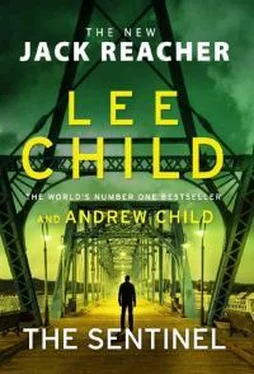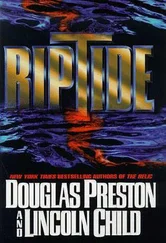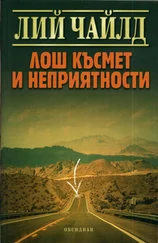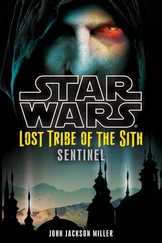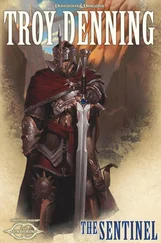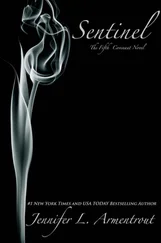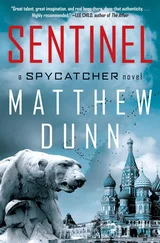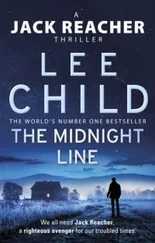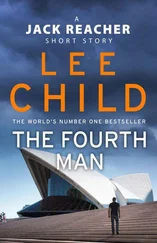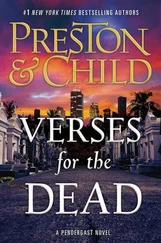What was it like writing a novel during the Covid-19 lockdown?
LC: A lot of it was mapped out and written before lockdown, but those enforced nothing-else-to-do months were really helpful, actually, in terms of focus and concentration.
AC: The lockdown meant that we had less face-to-face contact than I’d expected while we were writing, meaning more had to be done via Zoom and text etc., but I agree that the opportunity for total immersion in the creative process was very beneficial.
Andrew, what was Lee like growing up?
AC: I have few memories of us living together due to the difference in our ages but there is one incident that will always stay with me. I was about five and my father was mad with me due to some childish misdemeanour I’d committed. Lee was the only one who took my side, and in the aftermath we struck a deal: he would always stand up for me, and I would always stand up for him. I had very little in common with the rest of my family so as I grew up I saw Lee very much as a beacon of hope – proof that it was possible to find your own path in life, have fun, and be a success.
And Lee, same question about Andrew!
LC: I was a teenager when he was born. I had girlfriends and was going to gigs and parties all the time. But he was a cute baby, and soon developed a fascinating personality … stubborn, obstinate, opinionated, but funny, too. From the start he had to carve out his own space in a crowded house. I had a good time hanging out with him. And he was good practice for having my own kid later. One time I babysat for him when he was a few months old, he wouldn’t sleep because he had a cold. So I held him upside down by the ankles until all the snot drained out, and then he slept like a log. A useful technique. Then I left home, so really he grew up a friend rather than a brother, because we weren’t under the same roof all the time, with all the usual sibling issues.
There’s quite an age gap between you. Did you find that creatively useful?
LC: Totally, and that’s very much the point of the transition. As a writer I’m aware now of the world passing me by somewhat, and I wanted the series to get a shot of more contemporary energy. Having Andrew on board is like mysteriously waking up fifteen years younger, full of ideas and passion. It’s like meeting a younger me.
AC: The situation is a complete turnaround for me. As the youngest in the family I was always aware of being the slowest, the least qualified, the least experienced. And now, for the first time in my life, being younger has turned to my advantage and given me something different to contribute.
Was there anything you disagreed on?
LC: Not really. We both knew what we were aiming for.
AC: The opposite, actually. I was always clear where I thought the story should go but didn’t always know how to get there, so having Lee to constantly steer us in the right direction was invaluable.
It’s well known that you both love coffee. Who is the bigger addict?
LC: You know how some folks take a glass of water to bed? Andrew went through a phase of taking a cup of black coffee, so probably he’s the bigger addict, although how his head doesn’t therefore explode is a mystery to me.
AC: I still do that, some nights. If I haven’t had enough coffee during the day I end up with a headache and can’t sleep. A friend once bought me a mug with a diagram of all the veins and arteries in the human body on it with the caption, ‘There’s too much blood in my caffeine system.’ That pretty much sums me up.
Do you have the same favourite Reacher books?
LC: I have a certain quiet pride in some of them, but ultimately my favourite is always the next one, because theoretically it could be the perfect one … but then I worry that if an author was totally satisfied with a book, where’s the motivation for carrying on?
AC: There are two that particularly stand out for me. Killing Floor , because it was the first and I will never forget how I felt after reading the manuscript. The joy of tearing through such a magnificent book. The relief of seeing how great it was, knowing how much was at stake for my brother. And in addition, a sense of connection. The narrative is written in the first person and we don’t learn Reacher’s name for quite some time, but long before it was revealed I thought, I know this guy on a deep, fundamental level. The other book I think is particularly special is Make Me . It has all the ingredients that make us love Reacher – the captivating location, the pervading sense of mystery, the fabulous characters, the intriguing (and particularly disturbing) plot, the propulsive prose, the action, the sense of justice done – but I feel that this time out, the language was even more lyrical and aesthetically satisfying.
How do you hope people will feel when they finish reading this book?
LC: Relieved and satisfied that justice has been done, and that the bad guys got more than just a stern talking-to.
AC: All the above – and wanting more!
What does the future hold for Jack Reacher?
LC: As always, that’s up to the readers. If they want more, we’ll supply it!
AC: With the greatest pleasure!
